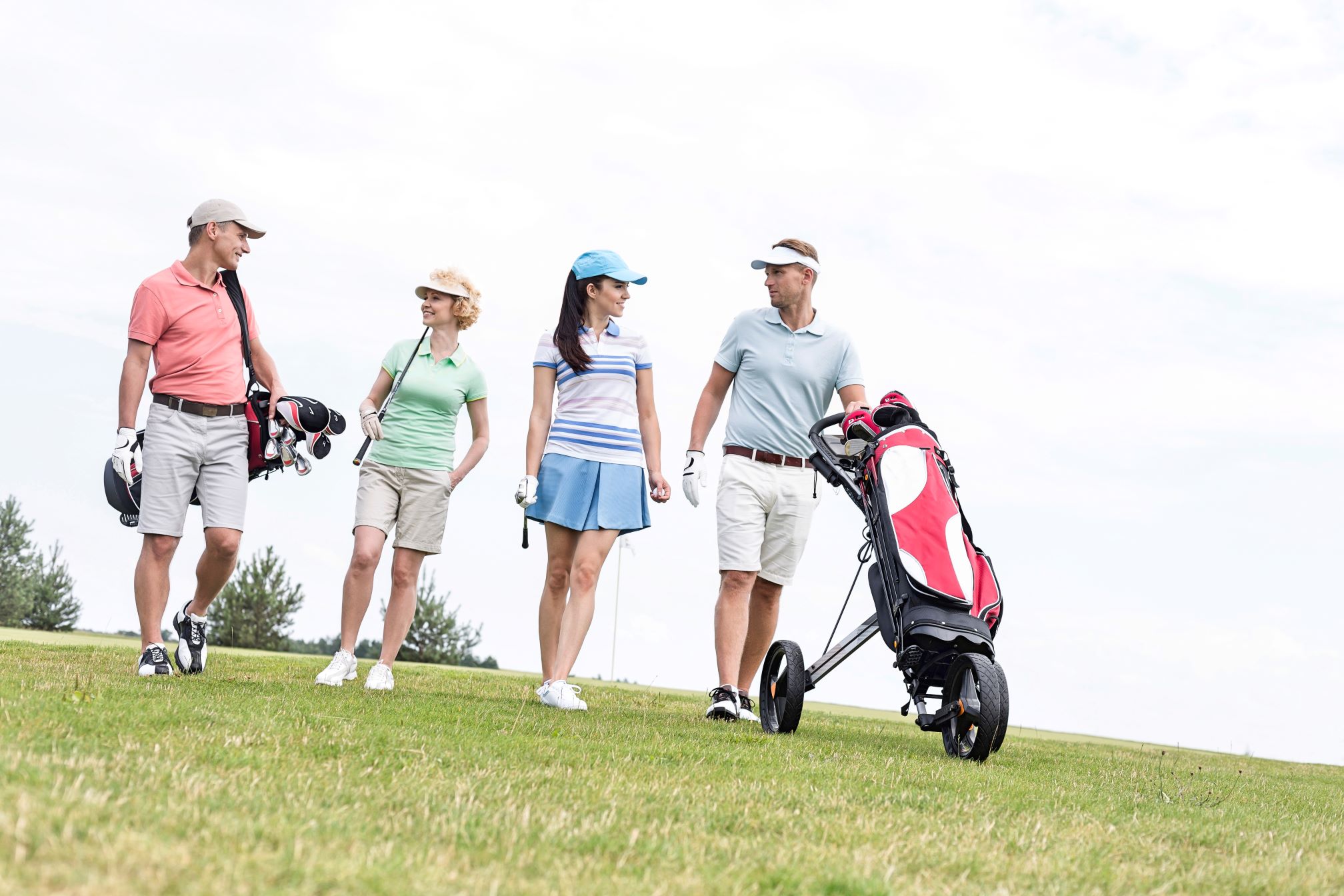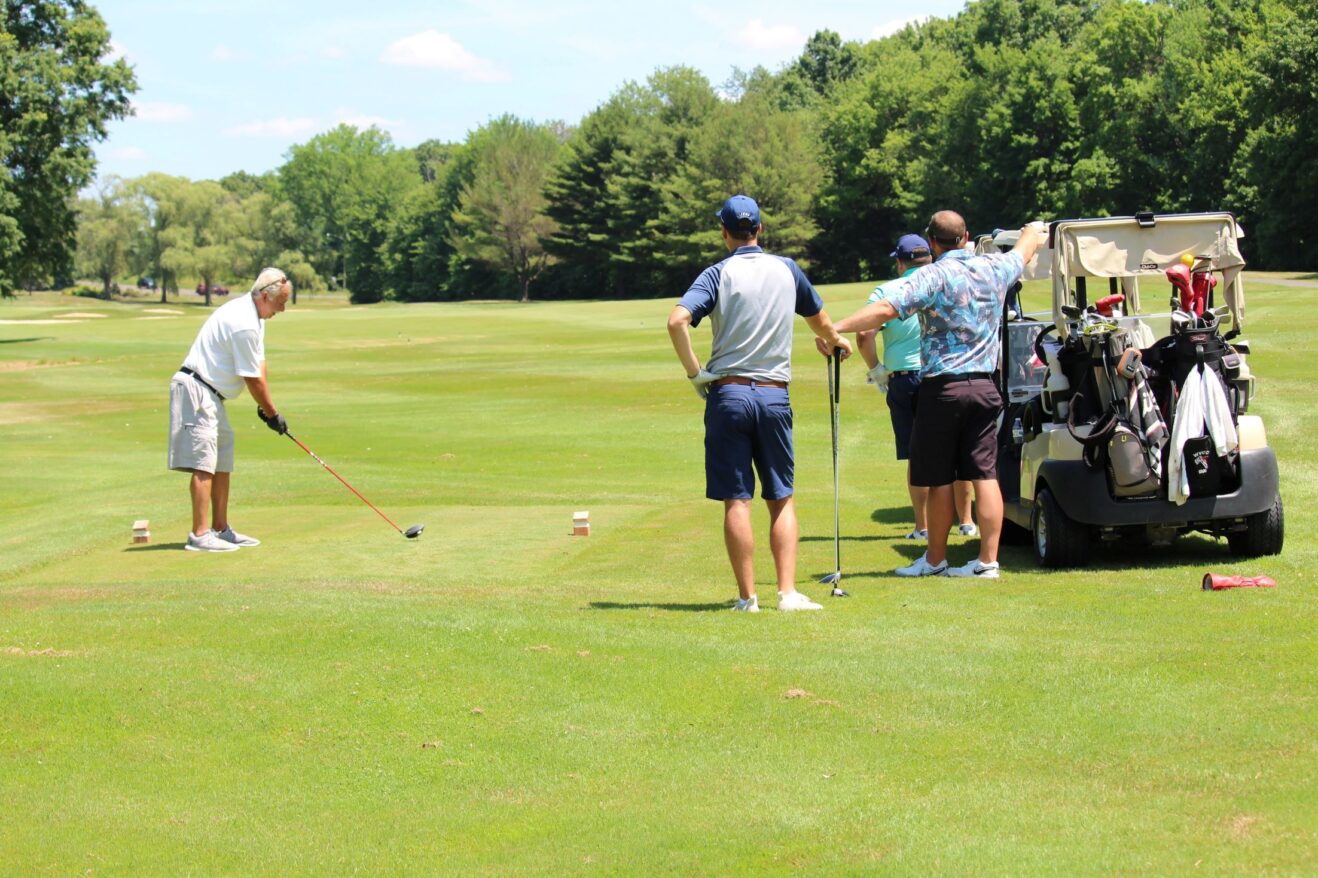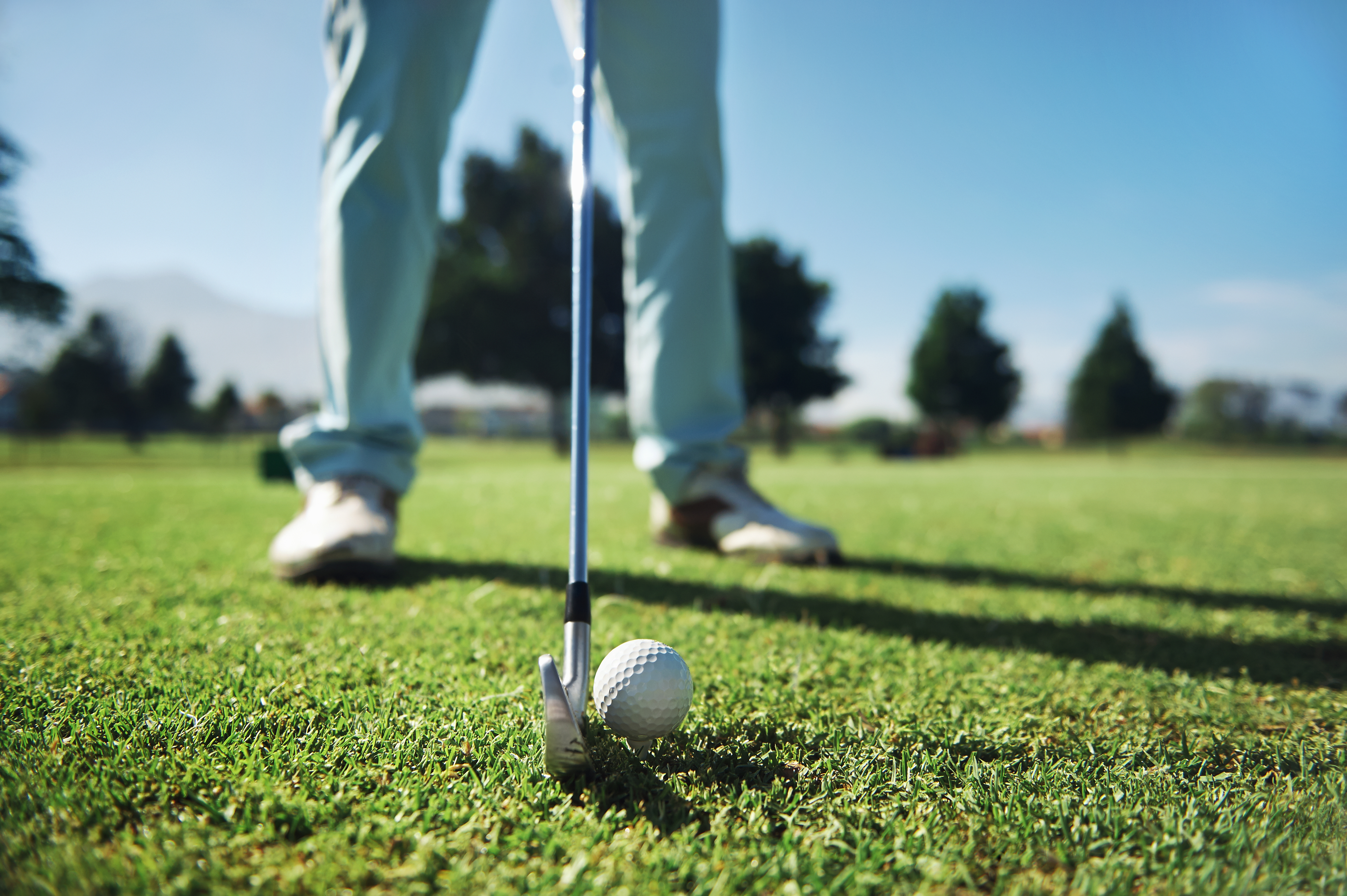How to Deal With Slow Golfers: Expert Tips for Dealing With Slow Play and Keeping Your Round Moving
Golf requires patience, concentration, and skill, and it’s great for socializing and exercise; however, slow play can ruin the experience. Playing with, or behind, a slow player can be frustrating, causing long rounds and a lack of enjoyment, especially if you’re pressed for time or want to keep up the pace. So, what can you do to deal with slow golfers and make your round more enjoyable? In this article, I’ll share some tips on how to deal with slow golfers and keep your game on track.
Keep Your Attitude in Check
First and foremost, it’s important to keep your attitude in check and remain positive when playing with and dealing with a slow golfer(s). It’s easy to become frustrated and let your anger get the best of you, but this will only make things worse. Take a deep breath, stay calm, and focus on your game. Take the opportunity to enjoy the scenery, chat with your playing partners, and practice your golf game.
Golf should be enjoyable; getting worked up over slow play will only detract from the overall experience. Instead, focus on the positives of the round, such as spending quality time with friends or family and the beauty of the nature around you or the golf course itself.
Remember, everyone has their own game to play, and while it may be slower than you’d like, it’s important to show respect and make the round as enjoyable as possible for everyone involved. Besides, the saying goes, “a bad day on the golf course beats a good day at work.” Perhaps, not for everyone, but I think it’s safe to assume that’s the case.
Also, remember that golf etiquette is essential when dealing with slow golfers. Be respectful of other players and your playing partner(s), and follow the local rules of the course because it will help keep the game moving and avoid any unnecessary delays.
Communicate Effectively
If you’re playing with a slow golfer, talking to them about their pace of play can be helpful. Sometimes slow golfers are unaware they are holding up the group and will appreciate the feedback. It’s best to speak with them individually; however, make sure you do it at a time that makes sense. In other words, make sure if you talk to them about the slow play, you’re not slowing down play by speaking with them.
Suggest ways they can speed up their play and even do so in a way that may improve their game. For example, you might suggest taking fewer practice swings and letting them know reacting more and thinking less is sometimes good for their game and, ultimately, their score. They may look at this as golf tips and not criticism.
Plan Ahead
One way to deal with slow golfers is to plan. If you know you’ll be playing with a slow golfer, schedule your tee time for when the course is less busy, which may allow you to play at your own pace and avoid any interruptions in the pace of play.
Being prepared is essential when playing with slow golfers. Ensure you have everything you need before you start your round, such as extra golf balls, tees, a scorecard, a divot repair tool, etc.; it will help you avoid unnecessary delays and keep your game on track as much as possible.
Stay Focused
It’s easy to lose focus when playing with a slow golfer, but this will only make things worse. Stay focused on your game and use the extra time to decide on club and shot selection.
Also, try to avoid distractions, such as your cell phone and talking too much when it’s time to hit a shot. If you must use your phone, make sure it’s on silent and use it only for emergencies; you want to avoid being the player labeled as the slow one in the group and hold up the round for others.
Play Ready Golf
Ready golf is a term used to describe a style of play where golfers hit their tee shot when they are prepared rather than in the traditional order. If everyone in your group agrees to the terms, playing ready golf can effectively speed up play, especially with slow golfers.
Ready golf is practical on the tee box because some players in the group may be prepared to hit before others–even if they do not have the honor from carding the best score on the previous hole; however, it is also great for speeding up approach shots or shots around the green. For instance, you can take various clubs to your golf ball to prepare you to hit any shot. Walking with a couple of different clubs is especially important when the local rules call for the golf carts to remain on the cart path.

Pro tip: Work with a golf professional to build an efficient pre-shot routine; too much time can add up over 18 holes and potentially hurt your score. This is not to say that you should rush each shot and not play your game because it's important to enjoy the round and play your best.
Additionally, do not spend too much time searching for lost balls, taking multiple practice swings, or chatting with your playing partners. Focus on your shot and be ready to hit when it’s your turn because it’s essential to keep the round moving and prevent unnecessary delays.
Another way to play ready golf is by using technology. Many golf courses now offer GPS-enabled golf carts, which can help you determine the distance to the hole and other hazards. Additionally, many golf apps available for your smartphone can provide similar information. If neither is available, purchasing a range finder is a great way to configure shot distance and speed up club selection.
Using these tools can help you make more informed decisions about your shots, saving you time and increasing your confidence.
In conclusion, slow play can be a frustrating experience on the golf course. However, you can make the most of the situation by taking steps to manage your own game, being respectful of others, and having a positive attitude. Keep in mind that golf is a game that requires patience and focus, and by adopting these qualities, you’ll not only enjoy the game more but also likely see improvements in your overall performance. And, if all else fails, take comfort that you’re spending the day outside in nature on the golf course.


